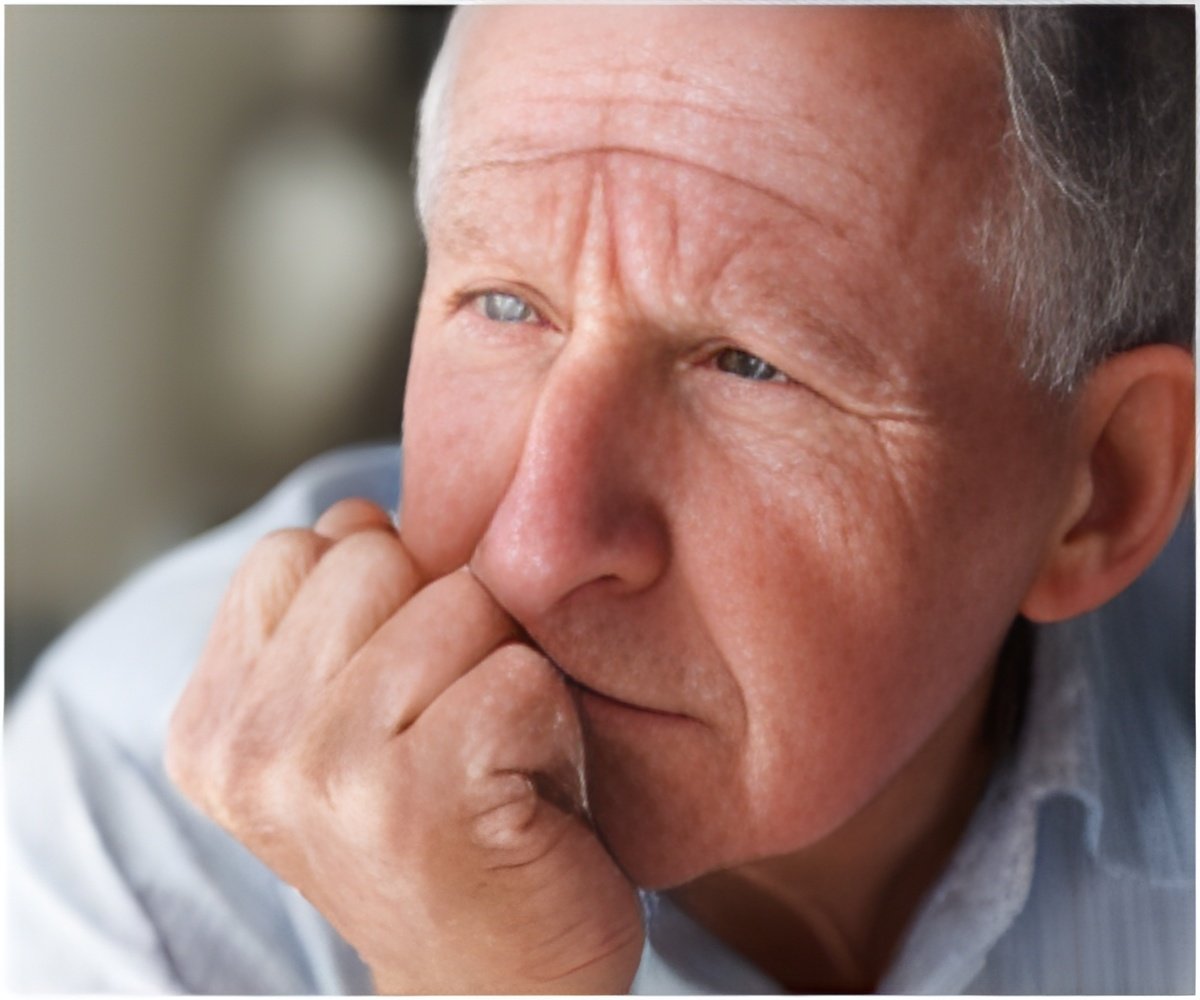Hot flashes, which are common in menopausal women, also can affect men who are undergoing hormone therapy for prostate cancer

Hot flashes occur in approximately 80 percent of men who are undergoing hormone manipulation as treatment for prostate cancer. Hormone therapy reduces the levels of male hormones, called androgens, to prevent them from reaching prostate cancer cells and stimulating their growth.
"Changing hormone levels cause hot flashes in both women and men, so we hoped that using soy supplements and/or an antidepressant would help reduce them in men as it does in many women," said Mara Vitolins, Dr. P.H., professor of public health sciences at Wake Forest Baptist and lead author of the study, which is published in the Sept. 30 online issue of the Journal of Clinical Oncology.
Participants in this Phase III, double-blind, multicenter study completed a seven day pre-screening phase and 12 weeks of intervention. One hundred and twenty men, ages 46 to 91, who were androgen-deprived were randomly assigned to one of four daily regimens: placebo pill and milk powder; venlafaxine, an antidepressant commonly prescribed to treat hot flashes in women, and milk powder protein; soy protein powder and placebo pill; or venlafaxine and milk powder.
Hot flash symptom severity and frequency and quality of life were assessed by the researchers.
The researchers found that neither venlafaxine nor soy protein alone or in combination reduced hot flashes in men.
These findings highlight the need for continuing efforts to identify treatments for hot flashes that are specifically developed for men, Vitolins said.
Source-Eurekalert
 MEDINDIA
MEDINDIA




 Email
Email




